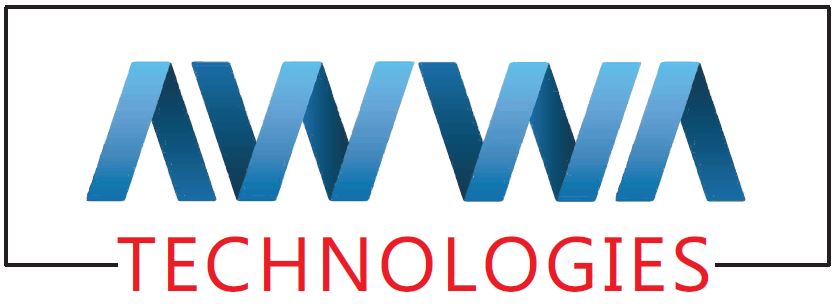AWWA LEAN MODEL


Just-in-time (JIT) manufacturing, also known as just-in-time production or the Toyota Production System (TPS), is a methodology aimed primarily at reducing times within the production system as well as response times from suppliers and to customers.
The Purpose of JIT
Ordering inventory on an as-needed basis means that the company does not hold any safety stock, and it operates with continuously low inventory levels. This strategy helps companies lower their inventory carrying costs, increase efficiency, and decrease waste.
Heijunka is a Lean method for reducing the unevenness in a production process and minimizing the chance of overburden. The term Heijunka comes from Japanese and literally means leveling. It can help you react to demand changes and utilize your capacity in the best possible way.
How is it implemented?
By implementing Heijunka, you can stop producing work in batches and start processing orders according to customer demand. This will allow you to reduce your inventory costs as you will have a lesser amount of goods in reserve waiting to be purchased when the volume of orders is low.
Kanban is a scheduling system for lean manufacturing and just-in-time manufacturing (JIT). Taiichi Ohno, an industrial engineer at Toyota, developed kanban to improve manufacturing efficiency. Kanban is one method to achieve JIT. The system takes its name from the cards that track production within a factory.
Providing machines and operators the ability to detect when an abnormal condition has occurred and immediately stop work. This enables operations to build in quality at each process and to separate men and machines for more efficient work. Jidoka is one of the two pillars of the Toyota Production System along with just-in-time.
Jidoka highlights the causes of problems because work stops immediately when a problem first occurs. This leads to improvements in the processes that build in quality by eliminating the root causes of defects.
Also called: poka-yoke, fail-safing. Mistake proofing, or its Japanese equivalent poka-yoke (pronounced PO-ka yo-KAY), is the use of any automatic device or method that either makes it impossible for an error to occur or makes the error immediately obvious once it has occurred. It is a common process analysis tool.
Benefits of poka-yoke implementation
Less time spent on training workers
Elimination of many operations related to quality control
Unburdening of operators from repetitive operations
Promotion of the work improvement-oriented approach and actions
A reduced number of rejects

